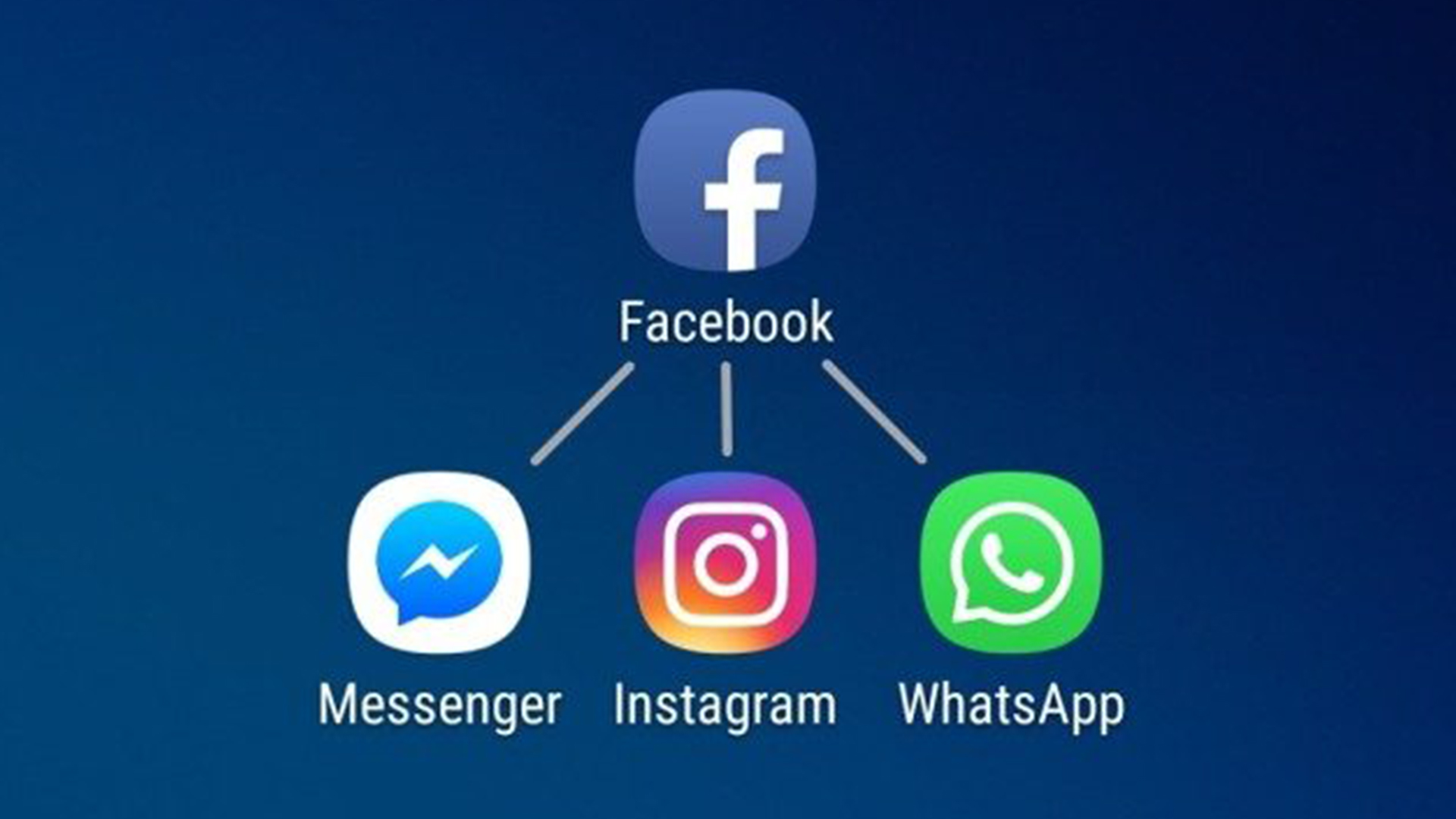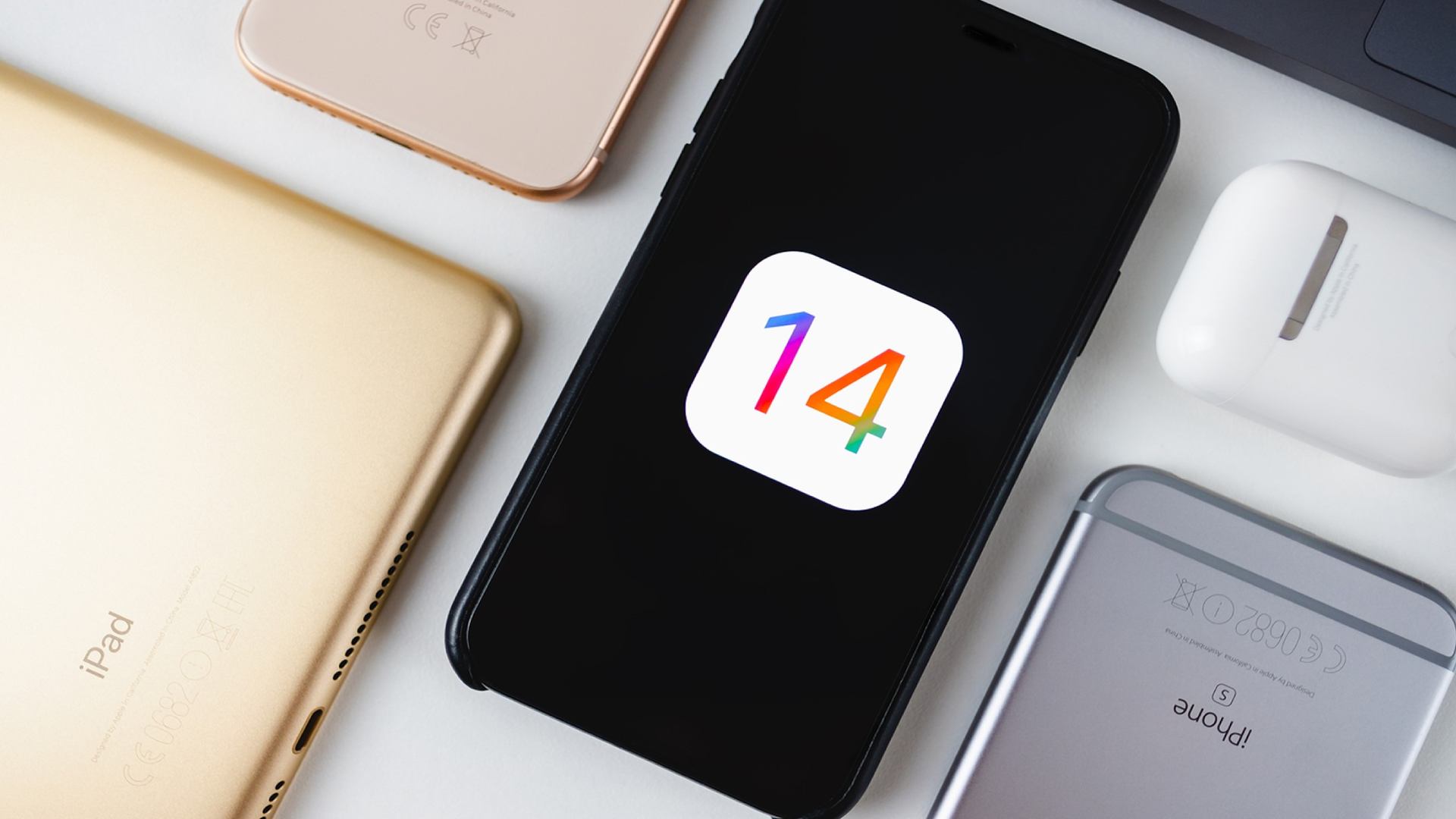
Internet censorship is a controversial topic. Some people argue that information on the Internet should be freely accessible and discoverable, whereas others argue that it is important to prevent harmful or offensive content from being widely disseminated.
For better or for worse, Google is one of the major regulators of web content since their algorithms control what kind of content shows up in search results for a given search term. The search engine giant has an extensive list of advertising policies to protect viewers from stumbling across the things deemed inappropriate or unsafe. If you are advertising on Google, it’s important to be aware of these policies.
Here is a list of 5 of Google’s advertising policies that are most relevant for advertisers.
Dangerous Products or Services
Explosives, any weapons (including guns), recreational drugs and tobacco cannot be written about in a promotional way. So if you plan on bidding on keywords that reference any of these things, that’s going to raise major red flags with Google.
But sometimes a business may have legitimate reasons for bidding on suspicious-looking keywords. We faced this challenge with our client Chemcare, a decontamination specialist who does meth testing in Auckland, because we needed to include keywords like ‘meth drug test.’ Thankfully, Google allows exceptions if you’re a verifiable business. You just have to reach out directly to Google to obtain special permission.
Inappropriate Content
‘Inappropriate’ covers any derogatory or shocking content – anything your demure mother would be offended by, but also anything the average, empathetic human being would be disgusted by. So no profanities, pornography or graphic images such as executions. Advertisements cannot use or promote hate speech, encourage the exploitation of others or cash in on sensitive events.
Misrepresentation
You’ve got to walk the talk with Google. Any ads that are misleading or have omitted relevant information won’t be allowed on the screen. There was a case in the US where the search ‘abortion clinic’ brought up an anti-abortion site. Once Google picked up on their false pretences, the site was suspended.
Healthcare and Medicines
This one is country-specific, but basically anything that promotes the use of illegal drugs or health services is a big no-no. If you’re unsure about your post code’s policies, you can hop on the AdWords Support page for country-specific restrictions and change the filter to show examples of restrictions in your country.
Enabling Dishonest Behaviour
Valuing honesty and fairness, Google doesn’t allow the promotion of sites that enable or encourage dishonest behaviour. This includes products or services that are designed to mislead others and designed to enable users to gain unauthorized access to systems, devices or property.
You can read more about these policies and the rest on the Google Support website. It pays to do your research before launching an ad. Do your homework, review all your options and think outside the box!

















